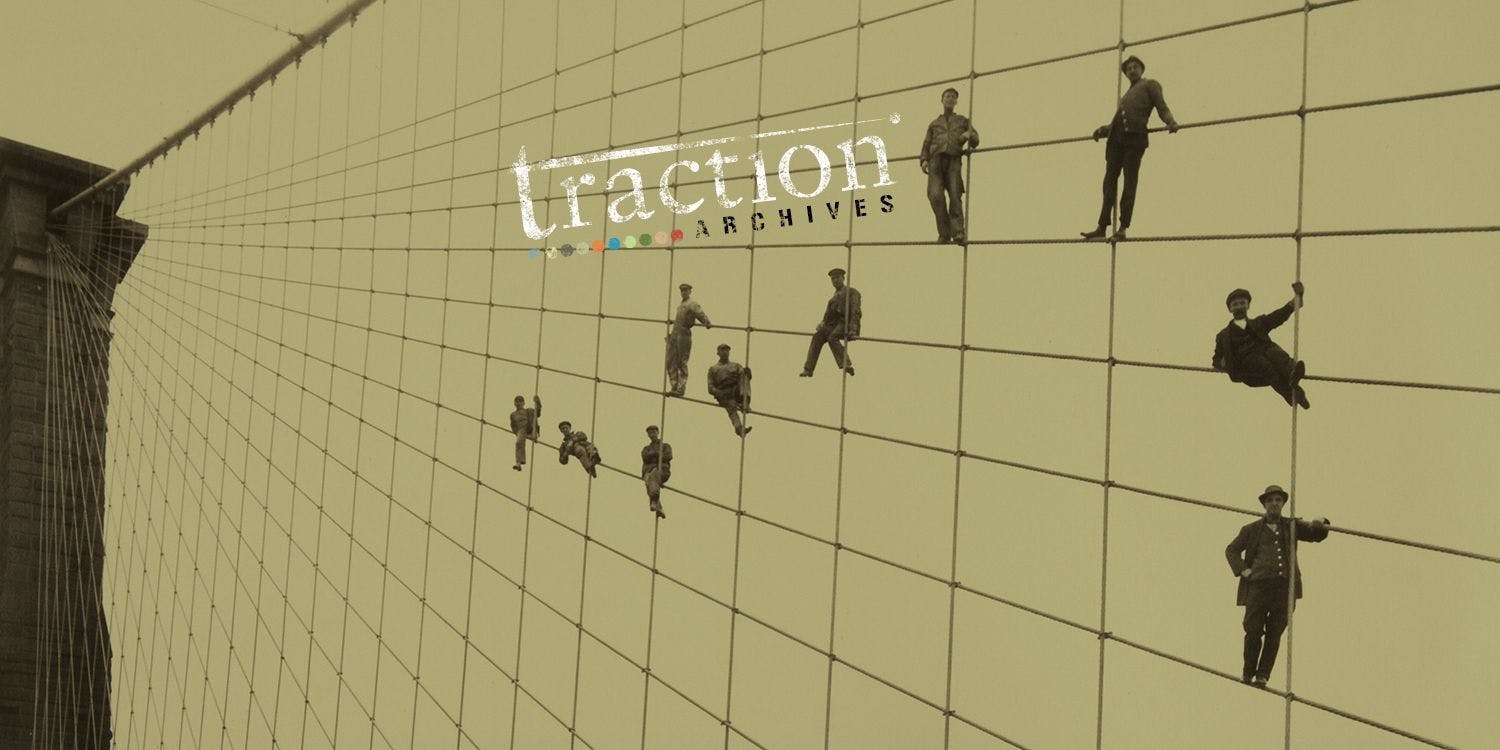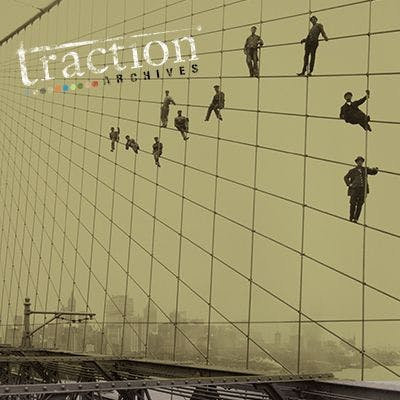The New Titans in Digital Marketing

By Adam Kleinberg
If you're in San Francisco right now and dealing with the traffic, you're probably aware that Dreamforce is in town.
The big deal at this year's Dreamforce is the announcement of the Salesforce Marketing Cloud. But it also marks a shift—a great consolidation happening across the digital marketing landscape.
I was in the audience at the iMedia Summit when Terry Kawaja introduced his now famous Lumascape illustrating the cacophony that is the digital marketing landscape. Its struck such a chord that over the following days of iMedia, three other presenters grabbed the image and stuck it in their PowerPoints.
Over the past year, however, we've seen a shift. The lumascape has become a chessboard and titans of enterprise software have begun to make their moves.
So, who are these new titans of digital marketing and what moves have they made?
Salesforce.
Obviously, Salesforce wants to be a player in this space. Between Radian6 and Buddy Media, they now own the dominant players in social listening and social engagement for enterprise—and have a billion dollar footprint in the digital marketing space.
This makes great sense for Salesforce, whose roots are in CRM. They want to grow from every seat in an enterprise sales to every seat in an enterprise organization—and are trying to do that one silo at a time. First sales, then service, HR and marketing.
Of course, social marketing is just a silo of digital marketing. There's no way Benioff is done with his shopping spree. Here's my predictions on a shopping list for 2013:
- A DSP (demand-side platform) like Turn to allow brands to buy exchange-based media. Salesforce could make it seamless to integrate, measure and optimize from spend to sale.
- A search management platform like Marin Software . Customer acquisition happens low in the funnel and search is what people do when they are thinking about buying something. Having tools to analyze, manage and optimize keyword buys seamlessly would add dimension to the suite.
- Maybe even an ad server. With DoubleClick , Google is the premiere player in a space that could really use some competition. Microsoft's Atlas has become a bit of a joke. MediaMind , PointRoll and Mediaplex all have created solid ad-serving platforms, but they are still perceived as "small companies." If Salesforce were to buy one, they could add a layer of legitimacy and become a top player in that space.
- Social business start-ups like GetSatisfaction (which makes customer service social) and Jive Software (which sells white-label community software) offer tools that allow brands to create social activity on owned properties. A pretty decent argument could be made that people are really influenced by their peers, but don't really want brands in their Facebook and Twitter feeds.
Adobe.
As a designer who has been using Adobe tools for 15+ years, I can tell you—Adobe makes great software. And the other titan making a great play to be a premier challenger to Google in digital marketing.
Adobe has come at it from the other end. They bought Omniture a few years back which is arguably the best website analytics package out there. It's what the big boys use when they outgrow Google Analytics.
They also made a very strategic purchase with Efficient Frontier last year. Efficient Frontier owned a tool called Context Optional. Context Optional was a key competitor to Buddy Media. But Efficient Frontier also had a top-notch search management tool and DSP lumped into its offering. In other words—half the shopping list I just wrote out for Salesforce.
All of this is part of Adobe's Digital Marketing Suite . They also have other key advantages to help round out their solution:
- CQ5 is rapidly becoming one of the top Content Management Systems out there—and big companies frequently want a name they can trust on the box.
- Pretty much every banner ad on the planet is built and tagged in Flash and designed in Creative Suite. With the cluttered Lumascape being the dominant model, not much has taken hold in terms of workflow innovation in agencies. If that changed, however, Adobe would be in a prime spot.
Oracle.
I think Larry Ellison has a tougher brand challenge ahead of him if he's going to convince marketers that Oracle is for them. But he's running print ads in Advertising Age this week, so don't count him out.
He's also been shopping.
Between Involver and Vitrue , they have a social marketing suite that is at least on par with Buddy Media and Context Optional as a social engagement tool.
Of course, they are a competitor in CRM to Salesforce (they own Siebel). And they dominate the database market which powers everything.
The way they market their "Oracle Customer Experience" doesn't really appeal to marketers. But CFOs and CTOs are complicit in how marketing technology decisions are made and Oracle will be able to make a play with enterprises where they are already deeply penetrated.
Google, Facebook and Microsoft.
These aren't new players, but they are worth a mention.
Google is, well, Google. They aren't just search. They own DoubleClick. They own Google Analytics. They own YouTube. They own Google Display Network. They picked up Wildfire which isn't a strategic game-changer, but is a top tool for running promotions on Facebook and could be a differentiator in their solution set. They are pretty close-to an end-to-end solution for digital marketing. And they've got deep pockets.
Microsoft is still a player. Bing is only at about 15% market share of search, but they also power Yahoo! search at around 12%. That's significant.. Atlas is still the #2 ad server. They own Dymanics for CRM, Sharepoint for collaboration and Microsoft Advertising for display, mobile and Xbox ads.
Finally, Zuck will tell you that mobile is the future until he's blue in the face, but the real deal for Facebook will be when they take all that data and sell it so brands can target people outside of Facebook. He may call that "the mobile opportunity" but it's the precise thing he said he'd never do, but now is hinting at doing . And the reason their stock is up 6-1/2% this morning.

This is a response to Adam Kleinberg's post Why We Have A Burning Man Policy. After six consecutive burns I planned to skip this one. I was going to backpack through India! Or ride AIDS Lifecycle! Or apply for grad school! Or visit friends in Europe! Honestly, I didn't really have a plan aside from wanting a Big Important Adventure that involved running water, flushable toilets, and wearing pants.

For the past 11 years, we've been steadily and organically growing. So, it was no surprise to us the day we looked around to discover our current digs were nearly maxed-out.

I try not to toot our own horn too much on this blog—but figured sharing how others toot our horn is fair game.
